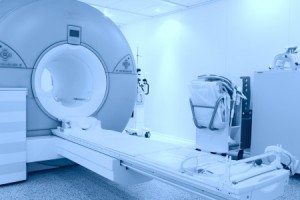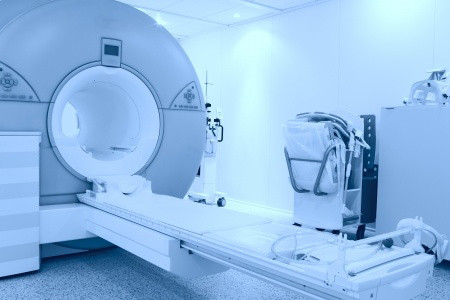Nov 3rd 2025
MRIs - Should you get one?
 Q: I know your position on x-rays—you advise avoiding them if they’re not medically necessary—but what about MRIs? I have been having lower back pain, and my doctor has suggested that I get one. — S. Alexander, Burlington, VT.
Q: I know your position on x-rays—you advise avoiding them if they’re not medically necessary—but what about MRIs? I have been having lower back pain, and my doctor has suggested that I get one. — S. Alexander, Burlington, VT.
A: Our position on MRIs is the same as it is on x-rays—avoid unless absolutely necessary. The contrasting dyes used in MRIs are quite toxic and can produce mild to serious side effects, including kidney failure. As for the magnetic resonance technology itself, we don’t know yet all that it does to the human body.
A competent orthopedist will gain much more insight into what’s causing your back pain by doing a medical history and physical exam than from an MRI. MRIs are an adjunctive diagnostic tool at best. They can reveal abnormalities, but very often these abnormalities are not causing the pain. For example, one review article looked at 5,000 findings from low-back MRI studies. Half of the group with abnormal MRIs had no pain; half of the group with normal MRIs had pain. Although MRIs and x-rays can be helpful, they are rarely necessary, especially if you don’t plan to have back surgery.
Although it’s frightening as well as painful to be disabled by back pain, keep in mind that 90% of lower back pain gets better in about 90 days with conservative care, meaning hot and cold compresses and natural anti-inflammatories. In place of harmful anti-inflammatory drugs, you can get just as good relief from natural anti-inflammatories like vitamin C, quercetin, curcumin, fish oil, MSM and glucosamine and chondroitin. Proteolytic enzymes are also advised as well as the anti-inflammatory lifestyle described in my article on inflammation. Sleeping on your side in a semi-fetal position with a pillow between your knees relieves pressure on your back and assists healing. Stay well-hydrated and as active as you can without increasing the pain.
If conservative care does solve the problem in a month or two, there are many alternative modalities to try: physical therapy, back school, chiropractic, prolotherapy, muscle balancing, and various types of massage, including deep-tissue and trigger point massage. You might also consider Dr. John Sarno’s hypothesis that back pain can be a psychological defense mechanism; your unconscious mind may distract you from uncomfortable emotions by keeping back muscles in spasm. See his book, Healing Back Pain.
 Fuel your life with the purest vitamins
Fuel your life with the purest vitamins
